

Stuck in addiction? Hope is here.
Drug and alcohol addiction is preventable and treatable.
The Mississippi Department of Mental Health (DMH) administers the public system of alcohol and drug use prevention and treatment services in the state.
The goal of this system is to provide a continuum of community-based, accessible services. DMH is committed to quality care, cost-effective services, and the health and welfare of individuals through the reduction of alcohol and other drug use.
For everyone
For anyone looking for help, your first call can be to your local Community Mental Health Center (CMHC). For help getting referred to services, you can call the 24/7 DMH Help Line: 877-210-8513.
Or, browse our interactive map to find the CMHC for your county.
Find your local CMHCCommunity Mental Health Center Services
Most CMHCs provide:
- Prevention services
- Employee assistance programs
- Individual, group, and family counseling
- Outreach/aftercare services
- Primary residential services (including withdrawal management services)
- Transitional residential services
- Vocational counseling
- Emergency services (including a 24-hour hotline)
Lose the addiction. Keep your life. All in 10 weeks.
Ask your local CMHC about a special intensive 10-week program designed to provide treatment while still allowing you to maintain job or school responsibilities. In addition, some centers offer day treatment and specialized services for children and adolescents, elderly persons, and women. Preference is given to pregnant women at all DMH certified programs.
Employee Assistance Program
An employee assistance program (EAP) is a work-site focused program designed to give employers additional options for how to handle an employee's failed drug test or other issues affecting productivity.
An EAP is typically a voluntary, confidential service which provides referrals to professional services designed to help employees with personal issues before they reach a critical point.
In addition EAPs provide a positive and proactive management tool to employers as an alternative to other actions such as firing employees and allows managers to assist employees exhibiting declining job performance to return to a more acceptable level of productivity.
For more information on how your organization can establish an employee assistance program or for consultation and/or technical assistance, please contact the Bureau of Alcohol and Drug Services, Employee Assistance Programs Services, at (601) 359-1288.